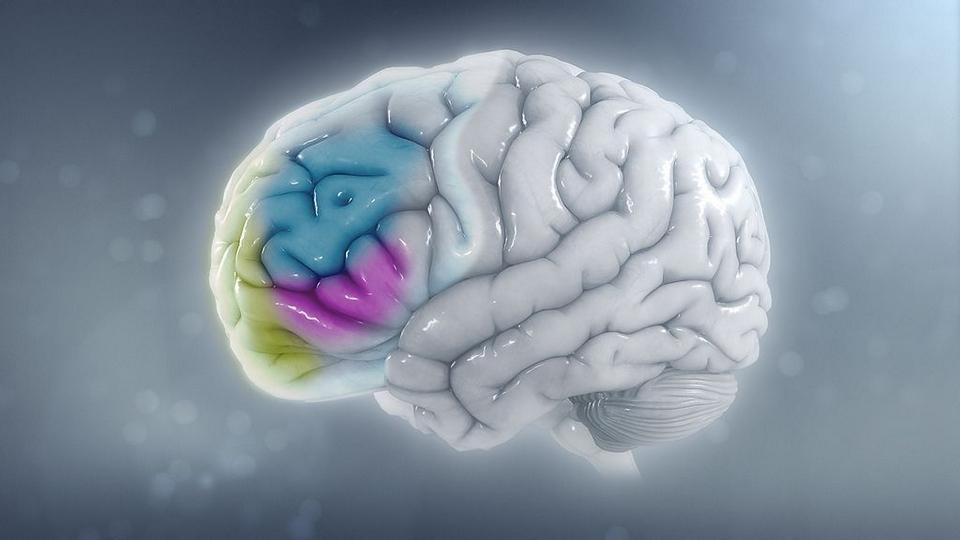
Of the 8 million adults with ADHD, reports the Anxiety and Depression Association of America, fewer than 20 percent have been diagnosed or treated, and only about one-quarter of those adults seek help.
The National Survey of Children’s Health estimated in 2016 that at least 6.1 million children experience Attention-Deficit/Hyperactivity Disorder. Diagnoses among children continue to rise every year, says ADDtitude Magazine, but adults battle the disorder as well.
Yet, of the 8 million adults with ADHD, reports the Anxiety and Depression Association of America, fewer than 20 percent have been diagnosed or treated, and only about one-quarter of those adults seek help.
ADAA lists ADHD symptoms as an inability to focus, as well as disorganization and restlessness. Plus, adults with ADHD may have difficulty with task completion, listening to instructions or remembering details.
For individuals unsure whether they have ADHD, ADDtitude offers a 21-question checklist at addititudemag.com.
Adults with symptoms should consider seeing a health professional, who may — according to ADAA – ask such questions as:
– Do you have a hard time keeping your temper or staying in a good mood?
– Do these problems happen to you at work and at home?
– Do family members and friends observe these problems?
– Have you recognized these problems since you were a child?
– Do you have any physical or mental health issues that might affect your behavior?
Importantly, ADAA warns that ADHD in adults often impacts relationships at home, school and work. Recommended treatments involve stimulants and some non-stimulants, which can improve symptoms and help with attention, concentration and impulse control. Adults with ADHD may also benefit from behavioral, psychological, educational and coaching interventions.
Organizations such as ADAA provide individuals assistance in finding local therapy resources.
